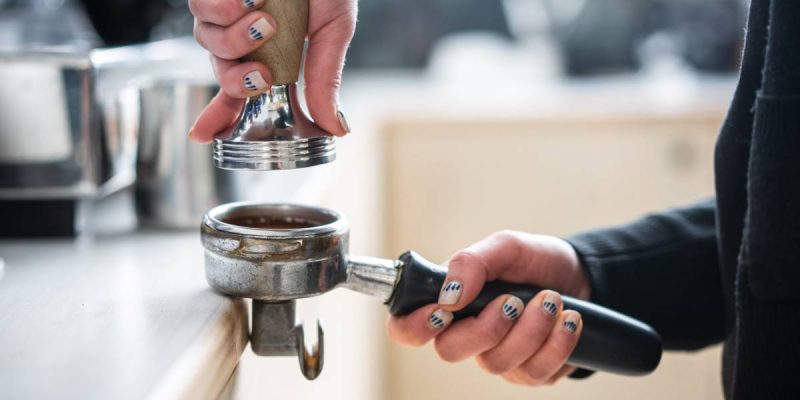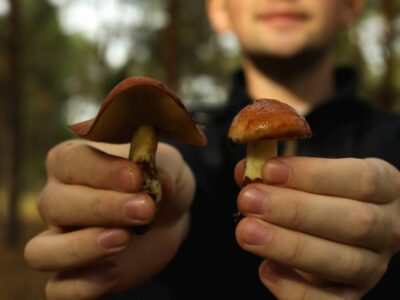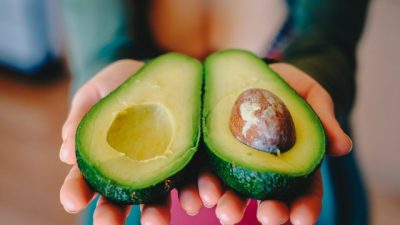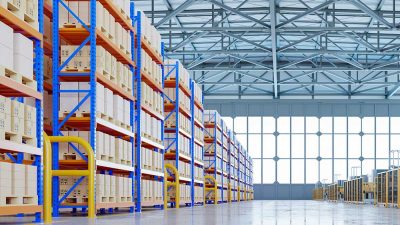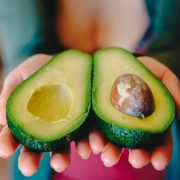How to Make Delicious Coffee: Tips to Maximize Flavor
Coffee is more than just a drink it’s a daily ritual and an experience. Whether you’re a casual drinker or a true enthusiast, mastering the art of making coffee can elevate its flavor.
From choosing the right beans to perfecting your brewing technique, small adjustments can make a big difference.
In this article we’ll explore how to craft a delicious cup, enhance its taste, and extract the most flavor with every sip.
Start with Fresh, Quality Beans
The foundation of any great coffee is the beans. High quality freshly roasted beans are essential for a flavorful cup.
When coffee beans are fresh they retain the oils and compounds that are responsible for their rich flavor profile. Opt for beans from reputable roasters or local specialty coffee shops.
What to Look for in Beans:
Freshness
Coffee beans begin to lose their flavor shortly after being roasted, so try to use beans within two weeks of their roast date. If you can, buy whole beans and grind them just before brewing.
Bean Variety
Arabica beans are generally considered the highest quality, offering a sweeter and more complex flavor.
Robusta beans, on the other hand, tend to have a stronger, more bitter taste with higher caffeine content.
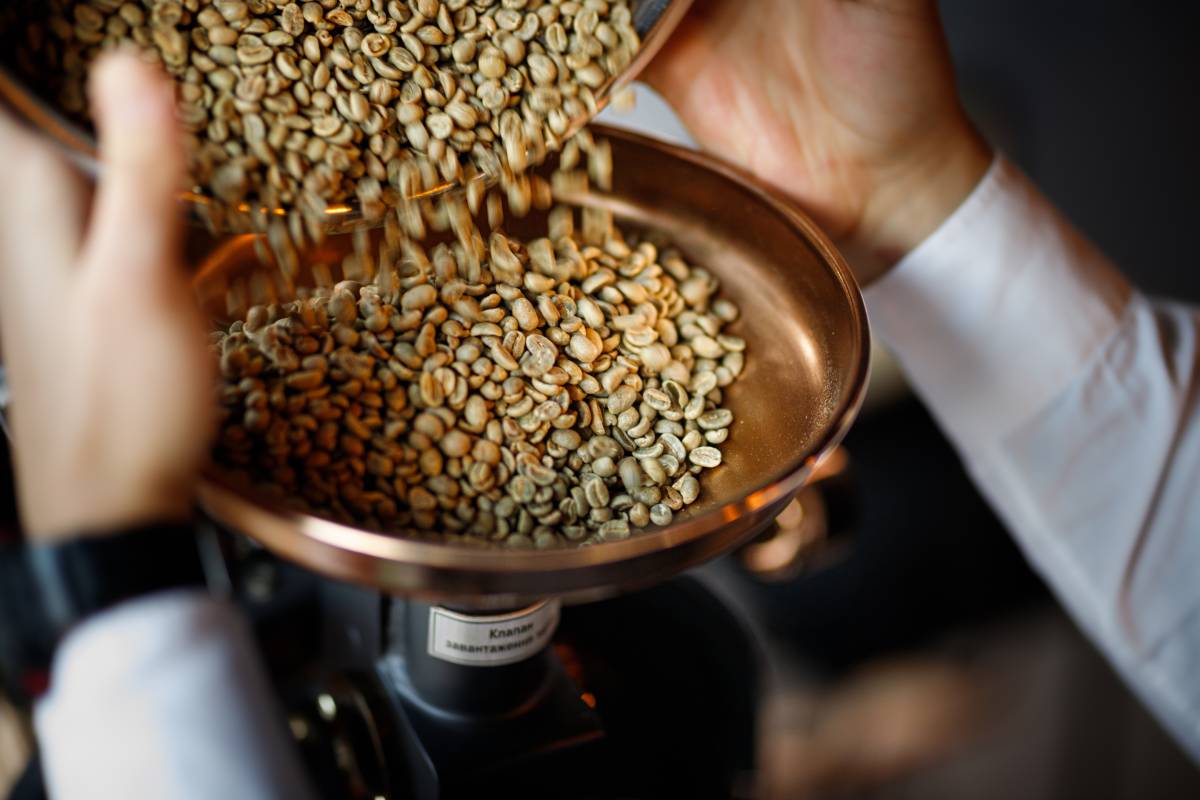
Origin
Coffee beans from different regions have distinct flavor profiles. Beans from Ethiopia tend to have fruity and floral notes while beans from Colombia are often nutty and smooth. Experiment with different origins to find what you like best.
Proper Grinding of Coffee Beans
The grind size of your coffee beans can drastically impact the flavor of your coffee. When you grind your beans it’s crucial to choose the right grind size based on the brewing method you’re using.
Coarse Grind
For methods like French press or cold brew, use a coarse grind. This allows for longer extraction without over extracting, which can lead to bitterness.
Medium Grind
This is perfect for drip coffee makers or pour-over brewing. It allows for a balanced extraction and avoids under extraction, where the flavors are weak or sour.
Fine Grind
Ideal for espresso machines or Aeropress, a fine grind ensures that the water extracts the flavors efficiently in a short amount of time.
A burr grinder is often preferred over a blade grinder because it provides a more consistent grind size, which translates to better flavor extraction.
Use Clean Filtered Water
Water quality plays a significant role in how your coffee tastes. Since coffee is primarily made up of water, using clean filtered water can help eliminate impurities that could interfere with the taste.
Hard water, for example, contains minerals that can negatively affect the extraction process, while chlorine in tap water may leave an undesirable aftertaste.
What Makes Water Ideal for Coffee
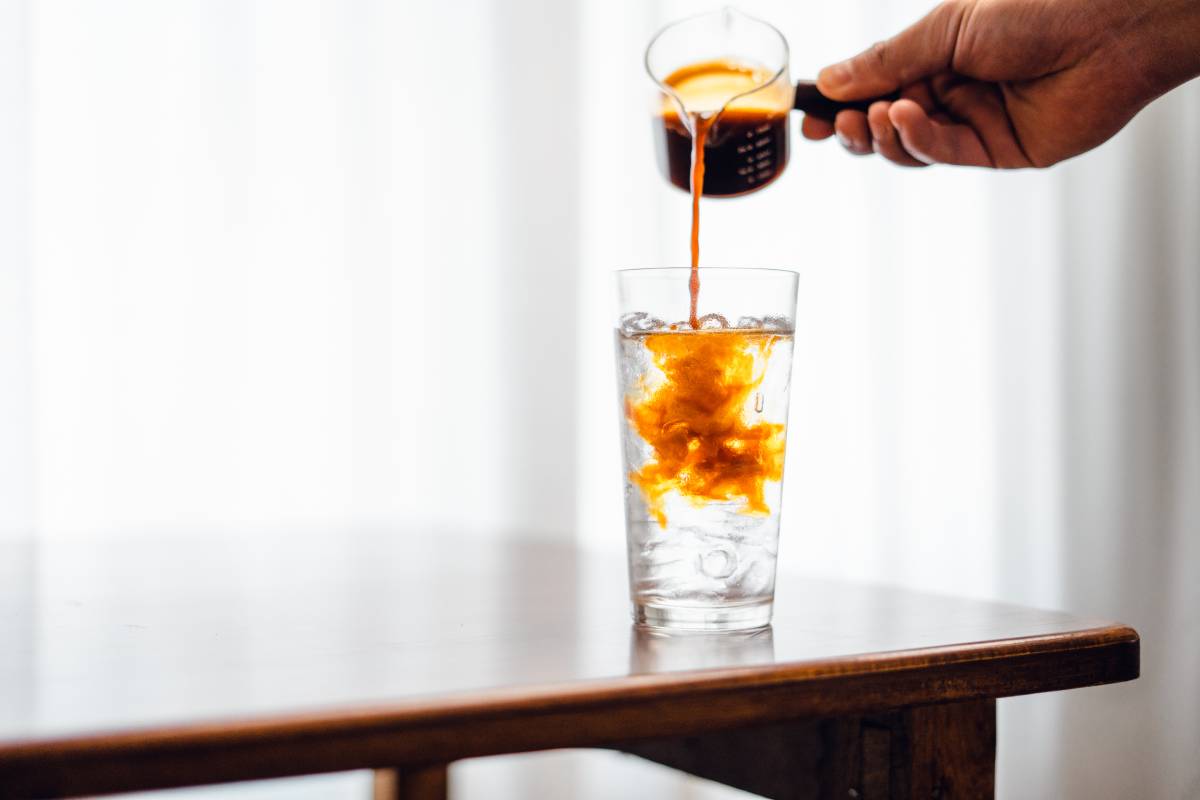
Mineral Balance
Water with a balanced mineral content, such as a moderate amount of calcium and magnesium is best for coffee. These minerals help to extract the coffee’s flavors while keeping bitterness at bay.
Temperature
The ideal brewing temperature for coffee is between 195°F and 205°F. Water that’s too hot can extract undesirable flavors, while water that’s too cold may not extract enough, leading to a weak cup.
Get the Coffee to Water Ratio Right
The coffee to water ratio is key to a balanced cup. Too much coffee can make it bitter, while too little can result in a weak flavor.
A standard ratio is 1:15 to 1:18 meaning one gram of coffee for every 15 to 18 grams of water.
For a single cup, this is about 1 to 1.5 tablespoons of coffee per 6 ounces of water. Adjust the ratio to suit your taste add more coffee if it’s too weak or use less if it’s too strong.
Choose the Right Brewing Method
Different brewing methods can highlight various aspects of your coffee’s flavor. Each method extracts the flavors differently, so experiment to find the one that suits your taste.
PourOver
Pour rover coffee tends to produce a clean, flavorful cup, accentuating the bean’s subtle notes.
It allows for more control over the brewing process, especially in terms of water temperature and pour rate.
French Press
This method is excellent for a fuller bodied coffee, as it allows the coffee grounds to steep in hot water, extracting more oils and creating a rich and robust cup.
Espresso
Espresso is a concentrated form of coffee made by forcing hot water through finely ground coffee.
It has a bold, intense flavor and is the base for many other coffee drinks like lattes and cappuccinos.
Aeropress
This portable brewing method produces a coffee that’s somewhere between an espresso and a pour over in terms of strength and clarity. It’s an excellent option for those looking for a quick, flavorful cup.
The brewing time and method you use should correspond to the grind size, which impacts the extraction.
For example, espresso requires a fine grind and a quick extraction time, while a French press uses a coarse grind and a longer steeping time.
Consider Adding Flavor Enhancers
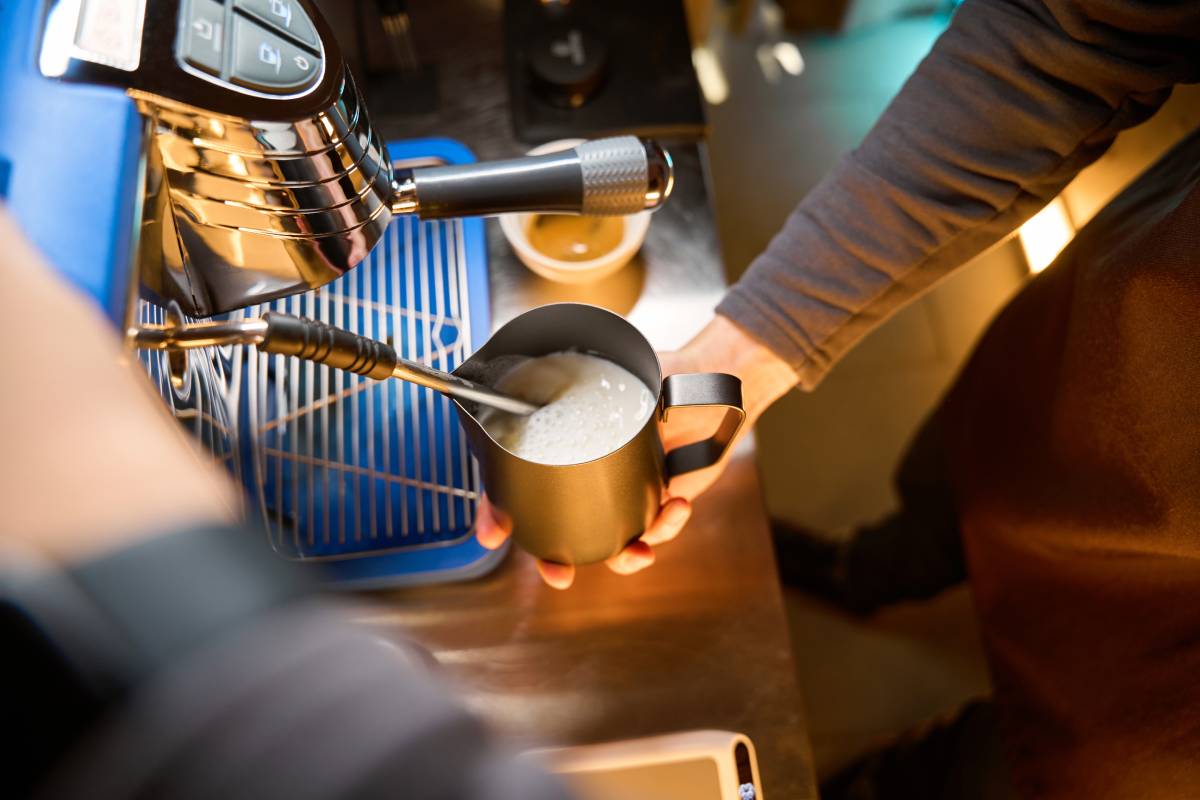
While great coffee can be delicious on its own, there’s no harm in adding a little extra flavor to elevate your cup further.
Some flavor enhancers can be added during brewing, while others are best used after brewing.
Matcha
Matcha enhances coffee with an earthy flavor offering a vibrant green touch. It pairs well with milk or plant based alternatives for a creamy taste plus antioxidants and caffeine.
Vanilla or Almond Extract
A drop of vanilla or almond extract can add a sweet, aromatic touch to your coffee.
Milk or Cream
For a creamier, richer texture, add a bit of milk or cream. You can also use plant-based milk alternatives like almond or oat milk for a different flavor profile.
Sweeteners
If you prefer sweet coffee, try natural sweeteners like honey or maple syrup. Avoid using refined sugar as it can overpower the coffee’s taste.
If you enjoy flavored lattes or iced coffees, consider using flavored syrups or whipped cream as a treat.
Don’t Forget About Cleaning Your Equipment
Coffee oils and residue can build up over time, which may cause bitterness and off flavors in your cup.
Clean your coffee maker, grinder, and any other equipment regularly to ensure you’re brewing with the cleanest possible tools. A build up of old coffee grounds and oils can interfere with the freshness of your coffee.
Experiment with Brewing Time and Technique
If you’re aiming for a more flavorful coffee, don’t be afraid to experiment with brewing time and technique.
Small changes to brewing time, water temperature, or grind size can produce different flavor profiles.
For example, adjusting the pour rate in a pour-over method can affect the extraction and the final taste.
Practice Patience
The best cup of coffee doesn’t happen instantly. While it may be tempting to rush through the process the more patience you have with each step whether it’s grinding the beans just before brewing or letting the coffee steep will reward you with a more flavorful and balanced cup. Enjoy the process as much as the outcome.
Conclusion
Making delicious coffee is as much about technique as it is about the right ingredients.
From selecting fresh quality beans to using clean filtered water and understanding the ideal brewing method for your taste preferences, each step can significantly influence the flavor of your coffee.
By paying attention to the details like grind size, water temperature, and coffee to water ratio you can ensure you’re extracting the most flavor from your beans.
With these tips you can make coffee that’s not just good but exceptional. And remember the best coffee is the one that tastes perfect to you so don’t hesitate to experiment and refine your coffee making skills.

